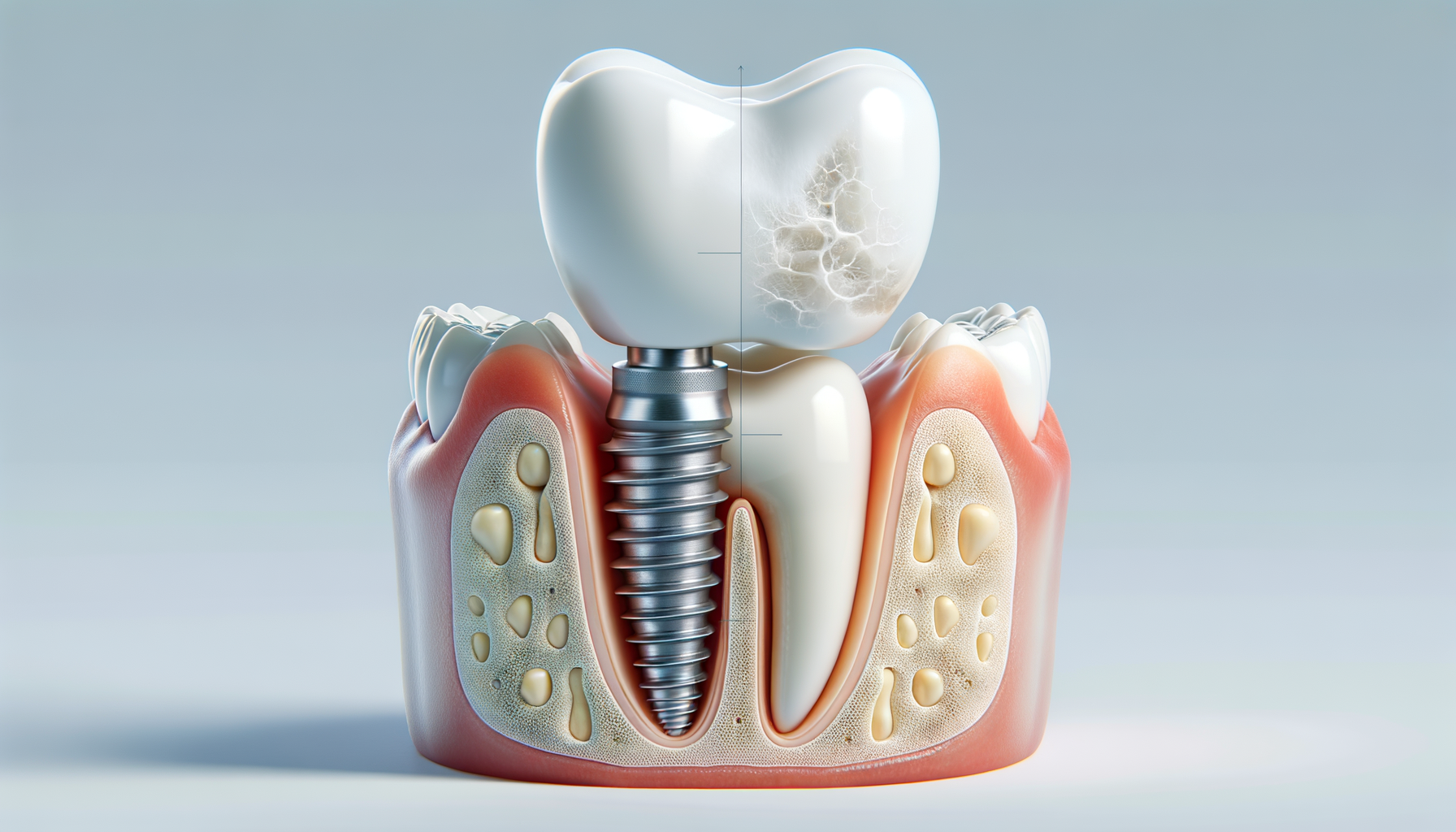Introduction to Dental Implants
Dental restoration is a crucial aspect of oral health, providing solutions for missing or damaged teeth. Among the various options available, dental implants have emerged as a reliable and cost-efficient solution. They offer a permanent fix, mimicking the natural tooth structure and functionality. Unlike dentures or bridges, implants are surgically placed into the jawbone, providing stability and preventing bone loss. This article delves into the benefits, cost considerations, and long-term value of dental implants, making it a valuable read for anyone considering dental restoration.
The Benefits of Dental Implants
Dental implants stand out due to their numerous benefits, making them a preferred choice for dental restoration. Here are some key advantages:
- Durability: Implants are designed to last a lifetime with proper care, unlike other restorations that may require frequent replacements.
- Natural Appearance: They closely resemble natural teeth, both in look and feel, ensuring a seamless smile.
- Improved Oral Health: Implants do not require altering adjacent teeth, preserving the natural tooth structure.
- Bone Preservation: By integrating with the jawbone, implants prevent bone deterioration, a common issue with missing teeth.
- Enhanced Comfort: Unlike removable dentures, implants are fixed, offering superior comfort and convenience.
These benefits underscore the value of dental implants as a long-term solution for those seeking to restore their smiles.
Cost Considerations
While dental implants may have a higher upfront cost compared to other dental restorations, they offer significant long-term savings. The initial investment covers the surgical procedure, the implant itself, and the crown that completes the restoration. However, it’s essential to consider the following factors when evaluating costs:
- Longevity: Implants can last a lifetime, reducing the need for replacements and associated costs.
- Maintenance: Routine dental hygiene is sufficient to maintain implants, unlike dentures that may require special care and products.
- Health Benefits: By preserving bone and preventing further dental issues, implants can save on future medical expenses.
Ultimately, while the initial cost may seem high, the long-term benefits and savings make dental implants a cost-effective choice.
Comparing Dental Implants to Other Options
When considering dental restoration, it’s essential to compare implants with other options like dentures and bridges. Here’s a brief comparison:
- Durability: Implants are permanent, while dentures and bridges may need replacement every 5-10 years.
- Comfort: Implants are fixed and feel natural, whereas dentures can be uncomfortable and may slip.
- Oral Health: Implants do not impact adjacent teeth, unlike bridges that require support from neighboring teeth.
- Maintenance: Implants require regular brushing and flossing, similar to natural teeth, while dentures need special cleaning solutions.
These comparisons highlight why many choose implants for their durability, comfort, and minimal impact on oral health.
Conclusion: A Wise Investment for Your Smile
For those seeking a reliable and cost-efficient dental restoration solution, dental implants offer unmatched benefits. They provide a permanent, natural-looking solution that enhances oral health and overall quality of life. While the initial cost may be higher, the longevity and minimal maintenance make them a wise investment. By choosing dental implants, individuals can enjoy a confident smile and improved oral health for years to come.




Leave a Reply